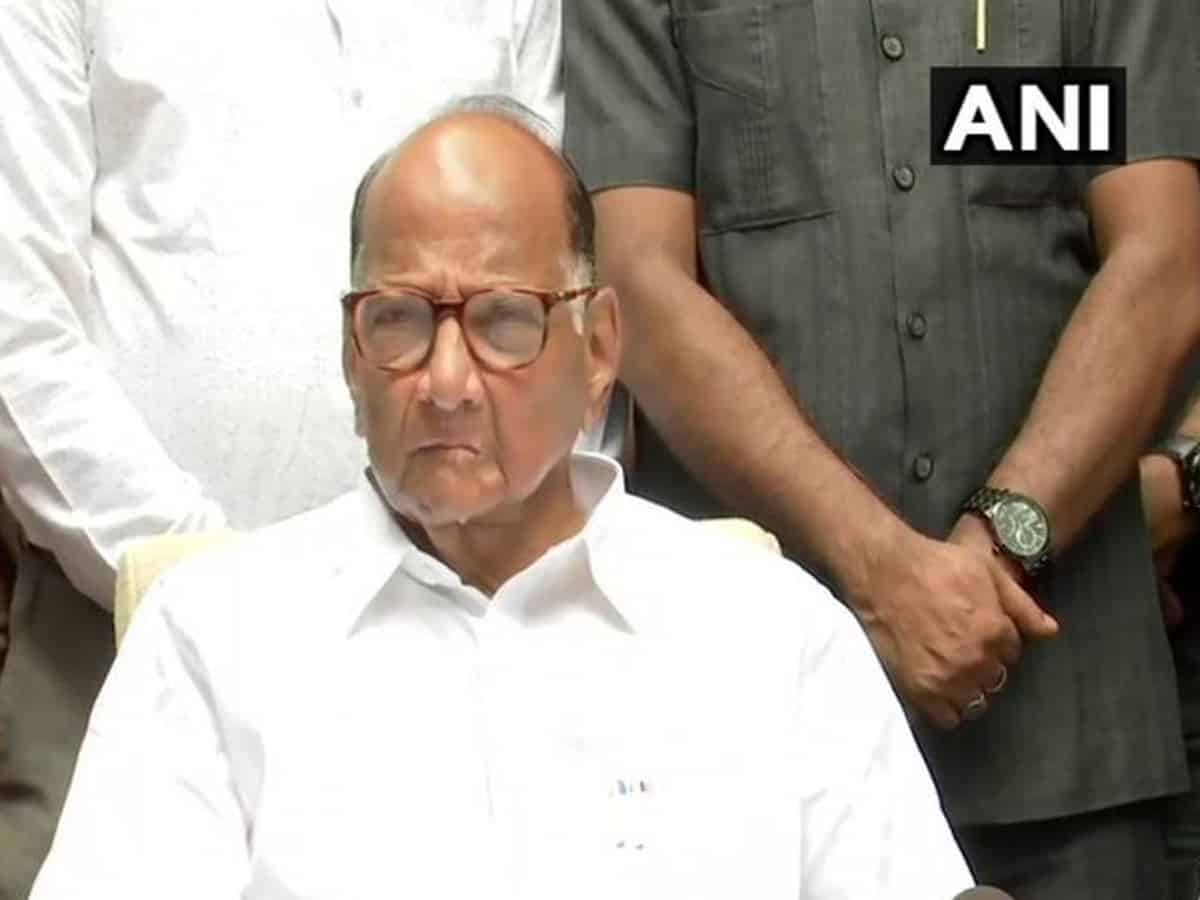
Mumbai: From student politics to becoming Maharashtra’s chief minister four times, and a decade-long stint as a Union minister, Sharad Pawar has been a master at political moves.
Pawar’s dramatic announcement to quit as president of NCP, the party he founded 24 years ago, has put the focus on the over five decades-long career of the 82-year-old veteran in Indian politics.
Pawar began his political journey in 1958 when he joined Youth Congress four years later became Pune district Youth Congress president.
He won the Assembly election in 1967 from his home turf Baramati constituency and since then has been a member of either the state legislature or Parliament.
In 1978, Pawar, then 38, became the youngest Chief Minister of Maharashtra. His Progressive Democratic Front (PDF) government was in power for two years.
In 1988, Pawar became the chief minister of Maharashtra for the second time. In 1990, he became chief minister of for the third time.
In 1991, Pawar became the defence minister in the government headed by Narasimha Rao and handled the portfolio till March 1993, when he became the chief minister of Maharashtra for the fourth time after then chief minister Sudhakarrao Naik stepped down following riots in Mumbai.
Pawar remained chief minister until the 1995 assembly elections that saw Shiv Sena-BJP combine coming to power and Manohar Joshi becoming the chief minister.
In 1999, Sharad Pawar, along with P A Sangma and Tariq Anwar were expelled from Congress. The same year, Pawar founded Nationalist Congress Party (NCP).
It was not only Sonia Gandhi’s “foreign origin” but instances of his decisions being overruled and the denial of the Congress Parliamentary Party leader post that prompted him to form NCP, Pawar said in his autobiography.
In 2004, Pawar became agriculture minister in the UPA government headed by Manmohan Singh. He retained the Union cabinet berth after the UPA’s 2009 general elections win.
In Maharashtra, NCP and Congress were in ruling alliance in the state government for three consecutive terms from 1999 to 2014.
In 2014 Maharashtra Assembly elections, BJP won 105 seats. The Shiv Sena, which was in an alliance with the BJP, won 56 seats. Despite having enough seats to form a government together, the two allies bickered over power-sharing who will get the chief minister’s post being the bone of contention resulting in the Shiv Sena starting negotiations with the Congress and NCP.
With no outcome in sight then, the Centre imposed President’s Rule in Maharashtra on November 12. The Shiv Sena, Congress and NCP continued negotiations to form an alliance, and Sharad Pawar later announced that Uddhav Thackeray had been unanimously chosen to head the new government.
However, the early morning oath-taking ceremony of Devendra Fadnavis and Ajit Pawar on November 23 came as a surprise as then Governor Bhagat Singh Koshyari swore in Fadnavis as the CM and Ajit Pawar as Deputy CM. The ministry lasted three days, after which Uddhav Thackeray was sworn in as the chief minister.
Pawar, who played a key role in installing Thackeray as CM, has said he will be available for NCP workers not as party chief but as an elder to guide them.
He remains a member of the Rajya Sabha.



